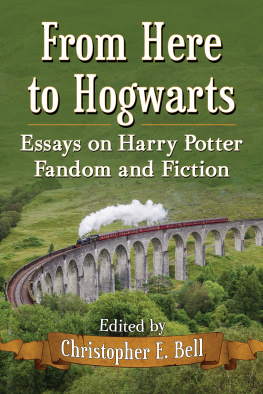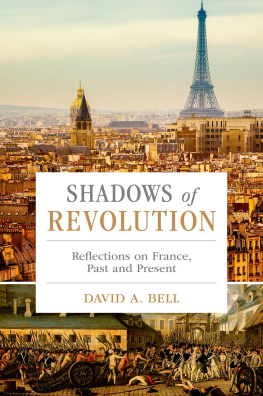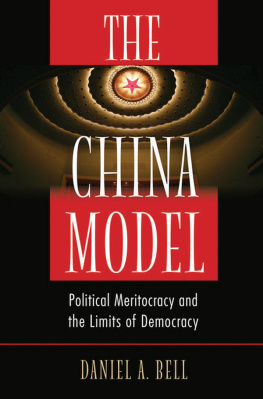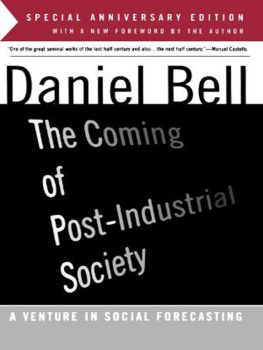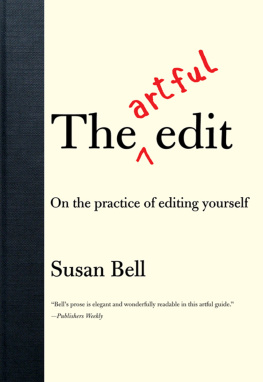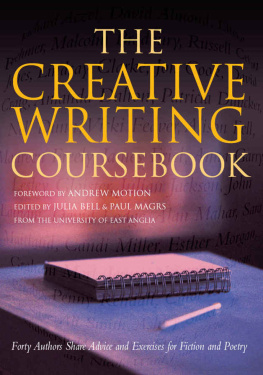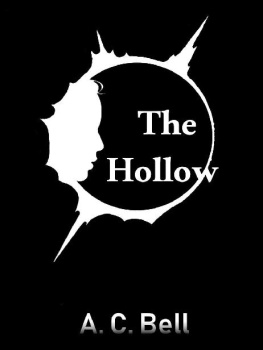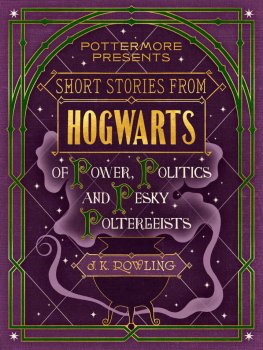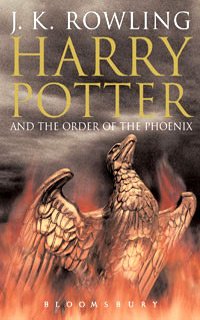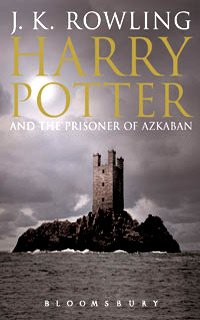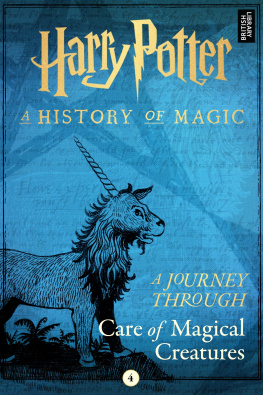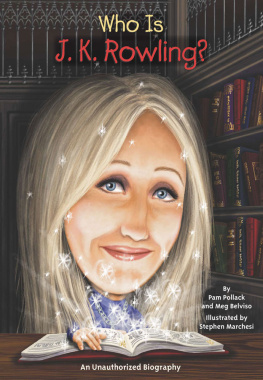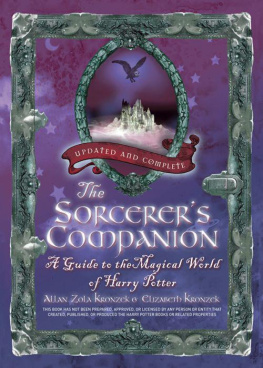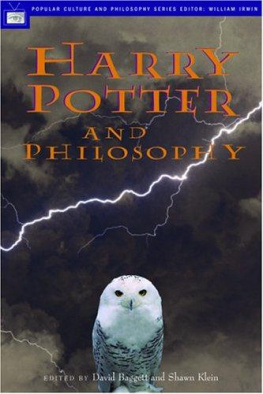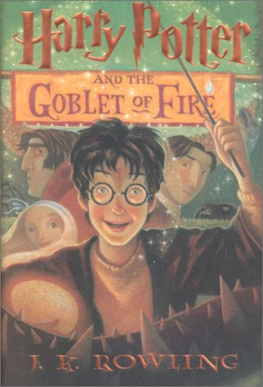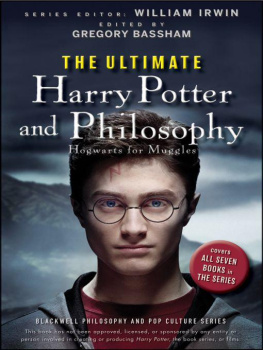
From Here to Hogwarts
Essays on Harry Potter Fandom and Fiction
Edited by Christopher E. Bell

McFarland & Company, Inc., Publishers
Jefferson, North Carolina
LIBRARY OF CONGRESS CATALOGUING DATA ARE AVAILABLE
BRITISH LIBRARY CATALOGUING DATA ARE AVAILABLE
e-ISBN: 978-1-4766-2246-0
2016 Christopher E. Bell. All rights reserved
No part of this book may be reproduced or transmitted in any form or by any means, electronic or mechanical, including photocopying or recording, or by any information storage and retrieval system, without permission in writing from the publisher.
Front cover: steam train on the Glenfinnan viaduct, Scotland 2016 MartinM303/iStock/Thinkstock
McFarland & Company, Inc., Publishers
Box 611, Jefferson, North Carolina 28640
www.mcfarlandpub.com
For M & O & H & K & S
After all this time?
Always.
Acknowledgments
As often happens in books, I am going to spend time on this page thanking people who, most likely, are not you. Please feel free to go ahead and skip to the Introduction. I wont mind.
Thanks, firstly, as always go to my Megan and my Olivia and my H & K & S. Thanks for helping me remember every day why I wake up in the morning. Three and four and five.
Thank you to my research assistant, Jayne Simpson, for all of her diligent reading and annotating, despite her flatly abysmal taste in both football and basketball teams.
Thank you friends and family, near and far, for your love and support.
Thanks to the Southwest Popular/American Culture Association, for continuing to provide us time and space to get our fingers into these works. I promise you, we are thriving in the space youve given us.
Finally, thanks once again to J.K. Rowling, for creating such a richly layered and textured world that continues to provide us with a platform for discussing the human condition.
Introduction
CHRISTOPHER E. BELL
As hard as it may be for some to believe, there was once a time when saying one was going to engage in serious, academic study of Harry Potter was looked at with, at best, extreme skepticism. In 2002, when John Granger published his first book on the subjectwith the unwieldy title The Hidden Key to Harry Potter: Understanding the Meaning, Genius, and Popularity of Joanne Rowlings Harry Potter Novelsfew could possibly imagine that within a decade, there would be an entire scholarly organization dedicated to the study of Harry Potter. Indeed, over the past four years, Harry Potter Studies has become quite a varied and complex area of research, collecting a host of serious academics each applying his or her own disciplinary lens and uncovering new and exciting interpretations of the text. The popularity of the work itself has grown exponentially since its debut in 1998; what was once considered a pleasant read for schoolchildren has blossomed into a cultural phenomenon. It is the cultural touchstone for an entire generation; saying one has not ever read a Harry Potter book or seen one of the films is akin to saying one has never seen Star Wars, or has never heard a Michael Jackson song, or has never seen a Disney movie. The ubiquity of at least a passing Potter experience is becoming a cultural commonplace, an entre into conversation between strangers who may have little else in common.
This is especially true in the world of academia. As the chairman of the Harry Potter Studies division of the Southwest Popular/American Culture Association (SWPACA), I have had the distinct pleasure of bringing together a multidisciplinary, international collection of scholars, year after year, to present a diverse and flatly brilliant array of research. While one might intuitively think there would be a limited number of subjects with which to deal in the Harry Potter series, I have been astounded at the amount of research in this area produced in the past few years. Since 2010, more than a dozen essay collections about a variety of Potter-related subjects have been published, including the philosophical nature of the works (Bassham, 2010), the psychology of the characters (Mulholland, 2013; Sykley, 2010), Potter and history (Reagin, 2011), religion (Trevarthen, 2010), and mythology (Deepa, 2011). I have personally edited two such volumes (Bell, 2012; Bell, 2013), acting as curator for the scholarship generated at the annual SWPACA conference. This wide scope of research, while invigorating, brings with it some of the logistical, existential concerns that any young area of scholarship would have, particularly one so diversely interdisciplinary.
For example, at the last convening of the Harry Potter Studies division, a rousing debate was raised as to what exactly constitutes Harry Potter. What should we consider canon? By definition, a canon is the body of rules, principles, or standards accepted as axiomatic and universally binding in a field of study or art (dictionary.com, n.d.). John Guillory (1993) further extends this definition by first removing the term from its traditional place as an inherently religious one: by raising the question of whether the process by which a selection of texts functions to define a religious practice and doctrine is really similar historically to the process by which literary texts come to be preserved, reproduced, and taught (p. 6). He then goes on to remind us that defining a canon is as much about the exclusion of texts as it is about inclusion (p. 9). When putting walls around a secular canon for purposes of defining the rules and standards of an academic field of study, it is important to consider not only what is included, but what is expressly not included.
For the scholars of Harry Potter Studies, this immediately became a debate about the books versus the films. Do we consider only the books to be canonical, since the films diverge so wildly from the narrative at critical junctures (excising key characters such as Peeves, removing vital information like nearly all of Voldemorts backstory from HBP, and so on)? Are the films to be forgiven for accelerating the narrative past beloved passages in the novels for the sake of expediency, or does doing so inherently render them noncanonical? And what do we make of ancillary texts, like The Tales of Beedle the Bard, which are written by Rowling and exist both as their own texts in the real world and as texts within Harry Potters fictional universe?
Over the course of the three-day discussion, it was suggested that the novels and ancillary volumes were canon, and the films were their own, insular universe based on the canonical texts. Scholars across disciplines proposed a wide range of terms: auxiliary canon, alternative canon, parallel canon. Each of these have their benefits and drawbacks. First, though, there is the matter of inclusion or exclusion of the films from the canon at all. I, among others, argued that for some Potter fans, the films are their only exposure to the texts; there are plenty of people who have seen all of the films and read none of the books. For them, the films areHarry Potter. This immediately dismisses the term auxiliary. As the films do, intentionally, adulterate large portions of the narrative (for expediency, not maliciously), parallel is not quite accurate. This, then, leaves us with the books as canon, and the films as alternative canon.
Next page
